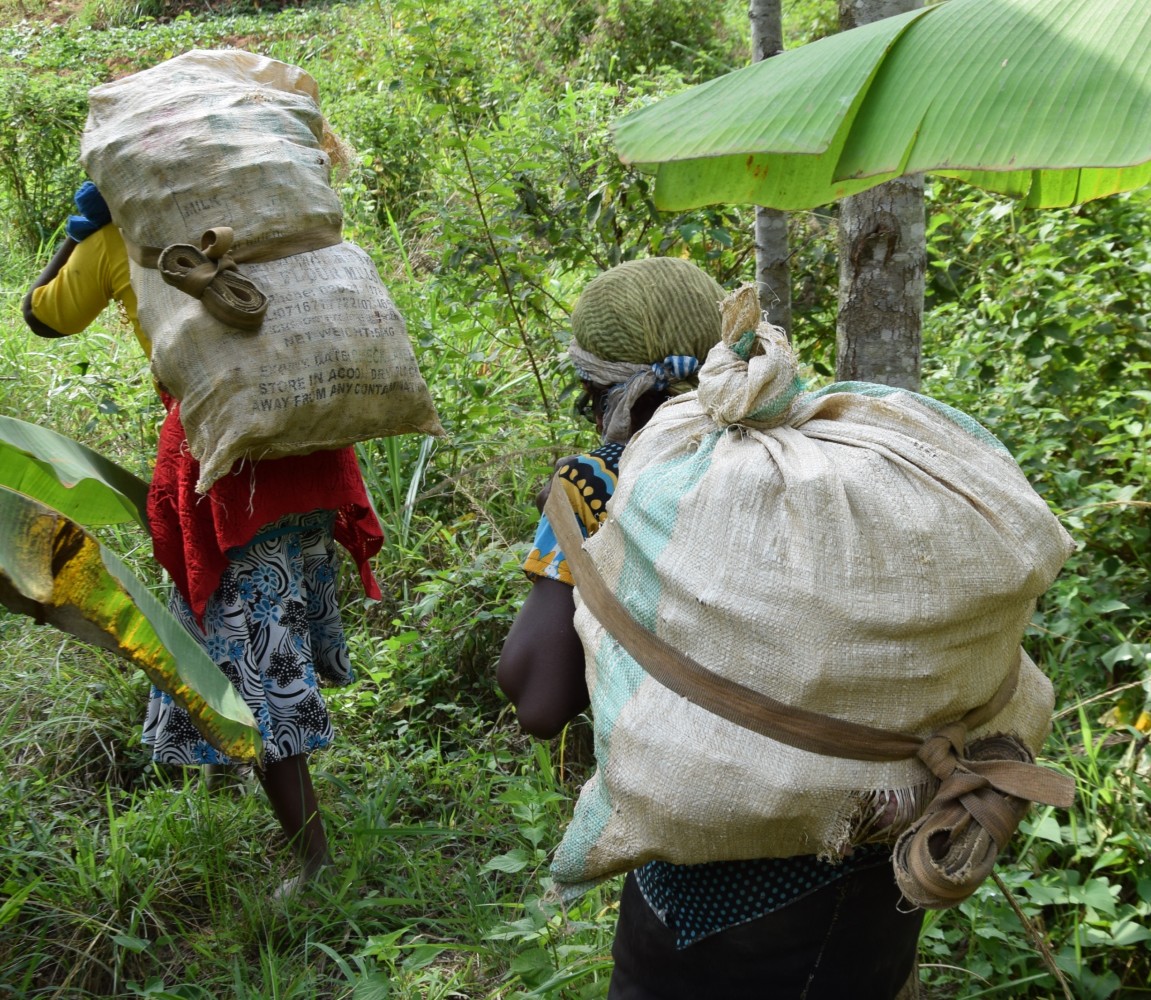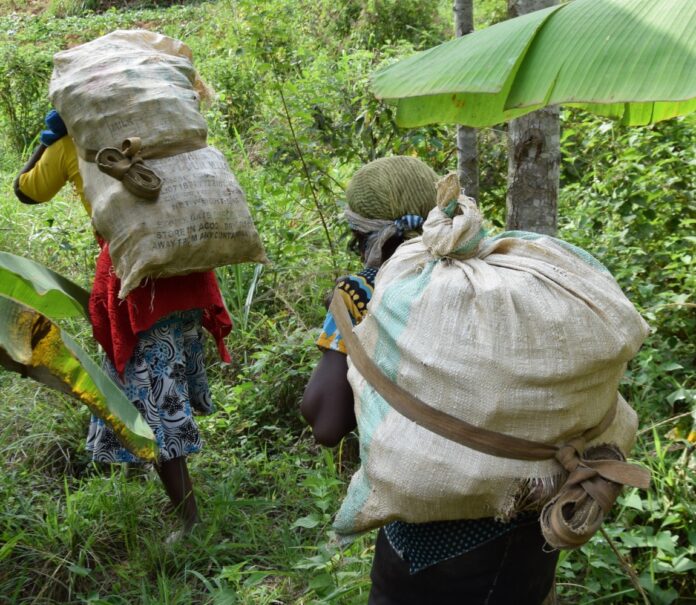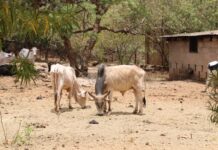|
Getting your Trinity Audio player ready...
|
By Joyce Chimbi
Nairobi, Kenya: As the global community marks yet another International Women’s Day on March 8, 2025, there is optimism that the this year’s theme ‘Accelerate Action‘ will be a global call for society to step forward in solidarity with women and girls for their rights, equality and empowerment and more so, economic empowerment. There is also hope that this call will help multiply interventions that positively impact women.
Celebrated annually, the day gives focus to strategies, resources, and actions that promote women’s advancement and positively impact their lives. Such actions, activities, and interventions include the Growth and Economic Opportunities for Women (GrOW) program supported by the Bill & Melinda Gates Foundation, the William and Flora Hewlett Foundation, and Canada’s International Development Research Centre (IDRC).
After a successful first phase, GrOW Phase II – East Africa was conceptualised and designed as “a research initiative focusing on unpaid care work, gender segregation of work, and women’s collective agency to address persistent gender economic gaps.” It was launched in 2020 to spur transformative change and advance gender equality in the world of work in Eastern Africa.
GrOW II convened a landmark workshop on Advancing Women’s Economic Empowerment in East Africa in Nairobi, held March 5 to 7, 2025, in the backdrop of the International Women Day which presented an opportunity to stake stock of the GrOW II initiative. It focused on how the project has fostered partnerships with local communities, public and private sector actors, and civil society organizations to identify and scale up successful solutions to achieve women’s economic empowerment and gender equality in the world of work.

“This was a five-year initiative, and it was really fostering women’s economic empowerment in the world of work and beyond. We are essentially at the project’s concluding stage. This project was informed by the first phase, which was centred on identifying the challenges or barriers to women’s economic empowerment,” says Annet Abenakyo Mulema, IDRC Kenya.
Further explaining that “Barriers that emerged evolved around the uneven distribution of unpaid care work and the gender labor market segregation, among others,” Mulema said. “These barriers really hinder women’s participation in the labour market, but also their participation in other spaces, like political spaces, leadership, name it.
“So, GrOW II – East Africa came in to bridge that gap, to fill the gap in evidence.”
The initiative was premised on the fact that empowering women in the economy and closing gender gaps in the world of work are key to achieving gender equality. However, the project acknowledged that increasing the number of women who work for pay is not enough.
Too many women still have no choice but to accept vulnerable employment, working in the lowest-earning jobs in the informal sector while doing the majority of unpaid care work at home.
GrOW Phase II – EA constitutes a cohort of 11 research projects that implemented evaluative and action research projects across two interrelated thematic areas, including reducing and redistributing unpaid care work and tackling the continued labour market segregation and employment gender gaps.
Critical research was conducted in five countries, including Ethiopia, Kenya, Rwanda, Tanzania, and Uganda and with a total of 15 projects focusing on research and policy interventions. Additionally, the initiative supported four care policy projects in Ethiopia, Uganda, and Rwanda.
The GrOW-East Africa initiative research projects focused on advancing gender equality in the East African workforce by addressing gender segregation, unpaid care work, and women’s collective agency. On gender segregation in the labor market, the initiative aimed at tackling the issue of women being concentrated in lower-paying, less prestigious jobs and promoting their entry, retention, and advancement in under-represented sectors.
Recognizing the disproportionate burden of unpaid care work on women, the initiative sought to reduce and redistribute this work through various interventions, including childcare provisions, shifting gender norms, and promoting technologies that ease care responsibilities.
The initiative emphasizes empowering women and girls to take charge of their lives and livelihoods, considering societal power dynamics and how gender barriers intersect with other aspects of identity. Overall, the research took an intersectional approach and considered the needs, priorities, and constraints of different categories of women in different contexts.
During the project’s landmark end-of-cycle workshop in Nairobi that brought together grantees and actors in the women’s economic empowerment field to share knowledge and experiences on the projects they implemented, it emerged that policy engagement was an integral component of moving evidence into policy and practice.
Central to closing prevailing pervasive gender gaps in the world of work is the critical and urgent need to address the structural barriers impeding women’s full access to decent work and pay. On unpaid care and domestic work across East Africa, as is the case in Africa across the continent, women spend more time engaged in unpaid and domestic work compared to men.
Women disproportionately shoulder the burden of unpaid labour, primarily in the form of domestic care work, which includes cooking, cleaning, childcare, and fetching water. Women spend significantly more time on these tasks compared to men due to deeply ingrained cultural norms that assign women as primary caregivers, and this limits their opportunities for paid employment, education, and economic participation.
Against this backdrop and motivated, therefore, by the need to generate evidence-based research, in the end, GrOW Phase II – East Africa research and policy projects generated evidence and knowledge on appropriate interventions supporting women’s economic empowerment.
The information is expected to have a positive bearing on policy. Ultimately, the workshop was a platform to showcase evidence from transformative interventions within the study countries and broader global contexts.














